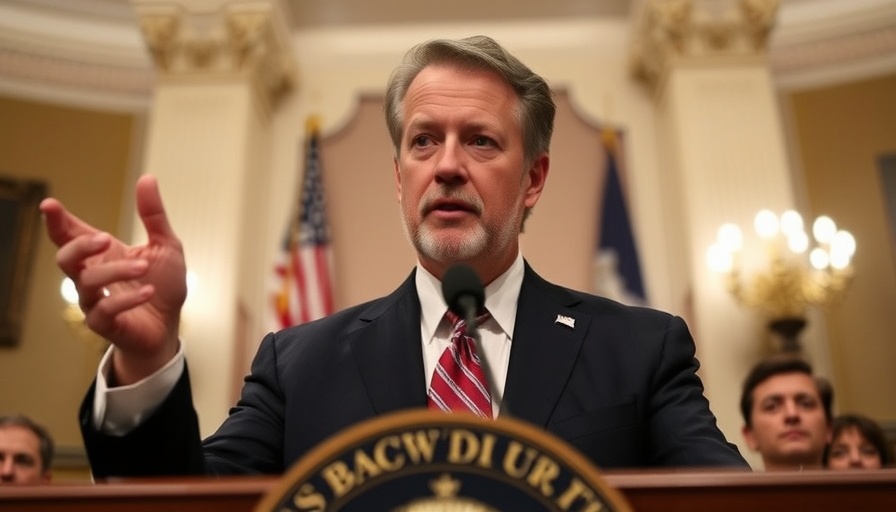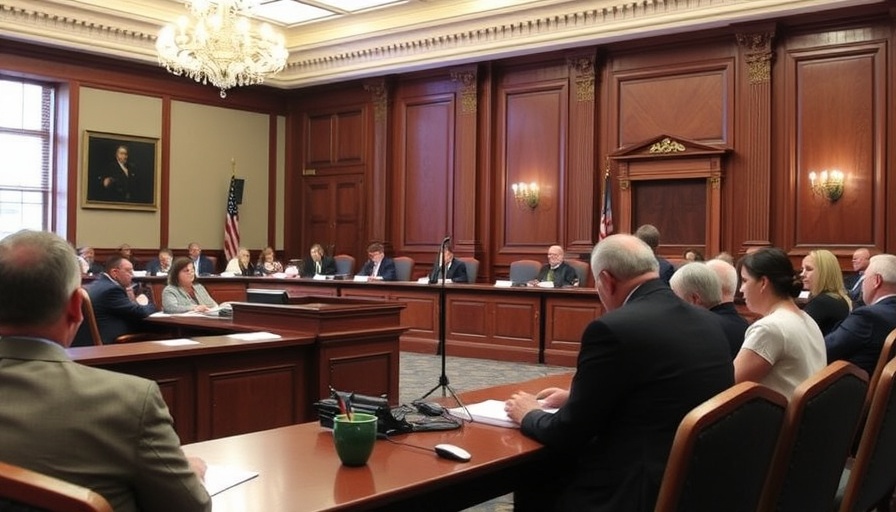
House Speaker’s Bold Move: Recess Before Controversy
In a surprising maneuver, House Speaker Mike Johnson announced that the House of Representatives would begin its August recess a day early, a move designed to sidestep contentious votes related to the Jeffrey Epstein case. This strategic choice effectively pulls the plug on anticipated votes aimed at pushing for transparency regarding the Department of Justice’s investigation into Epstein and his associate, Ghislaine Maxwell.
Context and Controversy: The Epstein Files
The Epstein case has been central to political debate, especially with ongoing demands for transparency regarding the overturned investigation into the notorious sex offender and sex trafficking allegations. Democratic lawmakers have been vocal in their support of measures that would require the DOJ to release relevant investigation files. This push is seen by some Republicans, including Johnson, as unnecessary political theater aimed at stoking outrage rather than facilitating genuine oversight.
The Politics of Preemptive Action
Speaker Johnson commented on the decision saying, "There's no purpose for Congress to push an administration to do something that they're already doing." His argument hinges on the belief that the Biden administration is handling the Epstein investigations appropriately, implying that Congressional intervention would only muddy the waters.
A Divided Republican Front: The Massie Incident
The early recess prompted criticism from within Johnson's party, particularly towards Rep. Thomas Massie. Massie teamed up with Democratic Rep. Ro Khanna to introduce legislation forcing the DOJ to release the Epstein files, an act Johnson characterized as divisive and detrimental to GOP unity. This conflict highlights the broader discontent within Republican ranks over how to handle influential and sensitive topics like the Epstein files.
Looking Ahead: Political Ramifications
As the House embarks on its recess, many are questioning the future implications of such political gamesmanship. Public skepticism surrounding the Epstein case remains high, and how lawmakers navigate these waters could impact their relationship with constituents. Republicans' apparent reluctance to engage with Democratic efforts might reinforce perceptions of a party unwilling to confront controversial issues proactively.
The Bigger Picture: Transparency and Accountability
Although the recess was framed as a protective measure for victims and a demonstration of trust in the Biden administration, it raises fundamental questions about accountability. The public's demand for transparency has never been louder, particularly for issues involving high-profile figures like Epstein. This situation underscores the need for lawmakers to find a balance between governmental oversight and political expediency.
Civic Engagement: What You Need to Know
The unfolding events surrounding the Epstein files should galvanize civic engagement and public discourse surrounding transparency and governmental responsibility. As voters, citizens have a role in holding their elected officials accountable and advocating for greater openness regarding such critical investigations.
In conclusion, as the House of Representatives takes a pause from heated legislative battles, the topic of Jeffrey Epstein’s case remains prevalent, emphasizing the ongoing struggle for transparency in politics. Engage in civic discussions and mobilize to ensure public interest remains a priority for all lawmakers.
 Add Row
Add Row  Add
Add 




Write A Comment